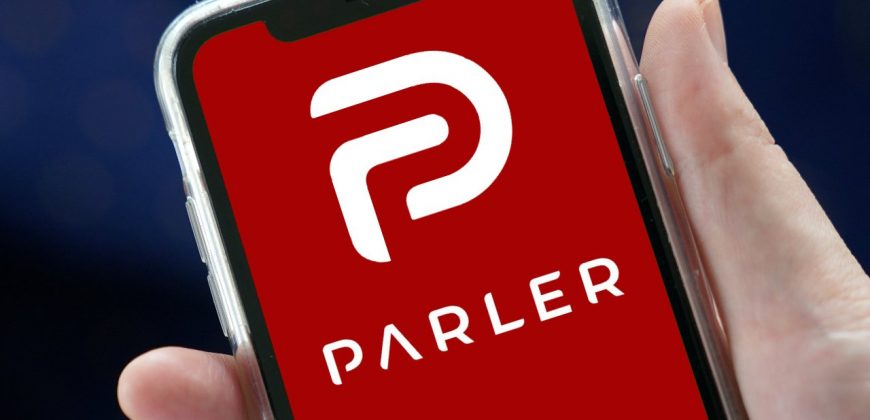Social media companies in the US brace to battle onslaught of legal challenges
Social media companies in the United States are bracing themselves to battle an onslaught of new state and federal legislation and legal challenges with far-reaching regulatory implications this year.
The majority of US state legislatures have introduced or passed bills attempting to reform how social media giants moderate their content and increase security measures for American users.
Elsewhere on the legal front, the supreme court will hear no fewer than four high-profile cases against tech giants, ranging from liability in terrorist attacks to alleged censorship of conservative viewpoints on their platforms.
State and federal lawsuits, two of which were announced this month, also take aim at how social media apps and their highly effective algorithms negatively affect the mental health of American teenagers.
This week, the supreme court asked the US solicitor general, Elizabeth Prelogar, to weigh in on whether states can stop social media companies from eliminating some forms of political rhetoric on their platforms. Because the supreme court has asked for Prelogar’s opinion on the stalled cases, it’s anticipated that their ruling will be delayed until their next session in October 2023.




